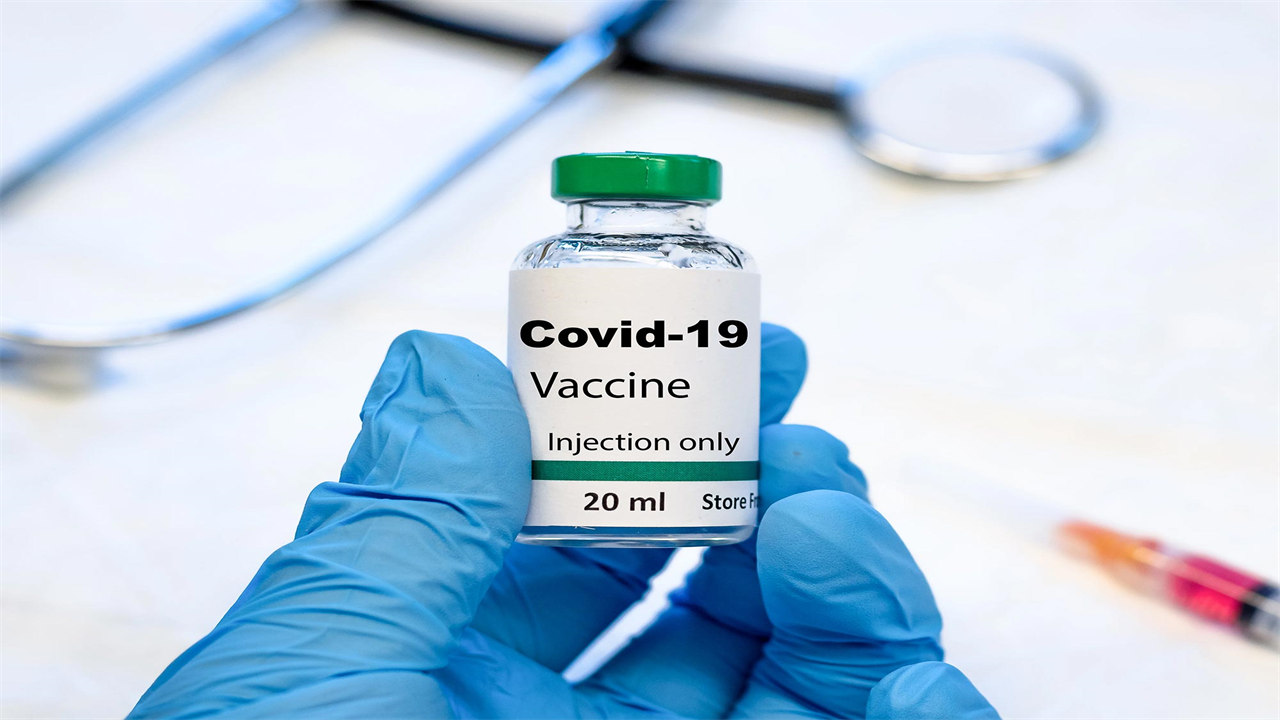Innovative New Candidate Vaccine Shows Efficacy Against COVID-19
0 View
Share this Video
- Publish Date:
- 1 September, 2021
- Category:
- Covid
- Video License
- Standard License
- Imported From:
- Youtube
Tags

More than a year after the start of the COVID-19 pandemic, thanks to unprecedented global research efforts, several vaccines have been approved. These first-generation vaccines offer great hope and are a mainstay in the fight against the virus. However, questions remain about the duration of the immune response or the need for a booster. Controlling the pandemic also means that billions of people need to be vaccinated. Yet producing sufficient doses to protect the entire world population is a major challenge. Therefore, vaccine research is still ongoing to develop additional vaccine candidates and continue to address these various challenges.
Researchers from the Vaccine Research Institute (VRI) (Inserm/Université Paris-Est Créteil), CEA and Université Paris-Saclay are developing a vaccine consisting of a monoclonal antibody that targets immune cells that circulate throughout the body: dendritic cells. These cells play a key role in boosting the immune system through their ability to induce a robust and long-lasting antibody and cellular response, as the team has shown in other infection models. The monoclonal antibody is fused to a SARS-CoV-2 protein, which stimulates the dendritic cells.
In addition, this dendritic cell-targeted vaccine technology is currently in Phase I of a clinical trial evaluating the safety and immunogenicity of an HIV preventive vaccine.
Re-stimulating the production of neutralizing antibodies
In their study, published in Nature Communications, the scientists began studying the ability of their vaccine candidate to induce anti-COVID-19 ‘booster’ responses in recovering animal models (six months earlier SARS-CoV-2 incurred).
They show that this vaccine is well tolerated and effective and causes a strong increase in neutralizing antibodies. Faced with new exposure to the virus, convalescent and vaccinated animals exhibit an undetectable viral load or clear the virus in a shorter time (within three days) compared to unvaccinated convalescent or control animals free of any previous exposure. infection. A dose of this vaccine thus offers better protection against reinfection than natural immunity. In addition, the vaccinated animals were protected against lung complications after infection.
Finally, the researchers have already modified the vaccine candidate so that it is effective against the new variants identified in recent months. In the laboratory, the vaccine-induced antibodies are able to very effectively neutralize the alpha variant (B.1.1.7) and also the beta variant (B.1.351) significantly. The vaccine developed on the basis of the original strain circulating in early 2020 is thus able to induce an antibody response that also neutralizes the new variants tested.
In conclusion, this study demonstrates that a single administration of the vaccine candidate, without adjuvant, re-stimulates the production of neutralizing antibodies that can control the virus during reinfection. This offers better protection against reinfection than natural immunity. This vaccine could therefore be an addition to the arsenal of existing COVID vaccines. The results presented in this study suggest that it may be particularly useful for people who are recovering or have already been vaccinated and whose immune response is starting to decline, to boost their immunity. Due to the good knowledge of the safety of subunit vaccines, this vaccine may also be useful for vulnerable people or for immunizing children.
Clinical trials are planned for 2022 with recovering patients or people who have already received a first-generation vaccine. They will also be performed on individuals who have never been exposed to vaccination or the virus.
Reference: “targeting SARS-CoV-2 receptor binding domain to cells expressing CD40 enhances protection against infection in convalescent macaques” by Romain Marlin, Veronique Godot, Sylvain Cardinaud, Mathilde Galhaut, Severin Coleon, Sandra Zurawski, Nathalie Dereuddre -Bosquet, Mariangela Cavarelli, Anne-Sophie Gallouët, Pauline Maisonnasse, Léa Dupaty, Craig Fenwick, Thibaut Naninck, Julien Lemaitre, Mario Gomez-Pacheco, Nidhal Kahlaoui, Vanessa Contreras, Francis Relouzat, Raphaël Ho Tsong Wang Fang, Catherine Chapon Ellis III , Mireille Centlivre, Aurelie Wiedemann, Christine Lacabaratz, Mathieu Surenaud, Inga Szurgot, Peter Liljeström, Delphine Planas, Timothée Bruel, Olivier Schwartz, Sylvie van der Werf, Giuseppe Pantaleo, Mélanie Prague, Rodolphe Zuébaut, Gerard, Yverawébaut September 2021, Nature communication.
DOI: 10.1038/s41467-021-25382-0










